The answer to this question must be based on the results achieved, the actual quality - shown through numbers, evidence, and the satisfaction of learners and society. The work of ensuring and assessing the quality of education is an objective measure reflecting the quality of education and training.
In recent years, quality assurance and accreditation have become an important pillar in State management of education. The breakthrough policies expressed in major resolutions of the Central and Government have posed an urgent requirement: We must review the quality of education not only through numbers, but also through critical thinking and the spirit of continuous improvement.
With the efforts of the whole system, the reality has recorded encouraging changes. As of May 31, 68.8% of preschool, general education, continuing education, vocational education - continuing education facilities have achieved educational quality accreditation; 65% of preschool, general education, continuing education facilities have met national standards. The rate of vocational education - continuing education centers in the 2024 - 2025 school year meeting educational quality accreditation standards has nearly doubled compared to the previous school year, showing great efforts from the local to the grassroots level.
Along with that, the Ministry of Education and Training has directed the review and completion of the system of legal documents; issued many important circulars on education quality assessment, monitoring and evaluation of education quality assessment organizations, and publicity in educational institutions in the national education system.
A series of seminars, trainings and workshops were held to raise awareness of quality assurance and accreditation. Accreditation and recognition of national standards are considered a driving force to promote improvement and enhance the quality of education in a substantial way.
However, the overall picture still has limitations. Self-assessment work in some educational institutions has not met the prescribed requirements. Therefore, self-assessment is not fully effective. The external assessment team is unstable, has many concurrent positions, has not spent much time carefully studying the documents; has not fully and effectively implemented quality improvement work after external assessment due to lack of monitoring and inspection. There is a lack of highly qualified and internationally minded assessment experts. The management data system is not synchronized...
Faced with new requirements, a strong change in thinking, shifting from “administrative direction” to “quality leadership” is inevitable. All accreditation activities must aim at core values: Helping schools reflect on themselves and change for the better. In which, comprehensive digital transformation is the key and people are the key factor determining success.
The Education sector is building a strategy to develop a team of specialized inspectors, in the direction of specialization, professionalism, and integration. This team not only needs to be good at professional skills, but also needs to have data thinking, digital skills and foreign languages to work in a global environment. Inspectors must truly be the “gatekeepers” of quality.
However, quality is not the final destination, but a journey of continuous improvement. On that journey, accreditation needs to become a driving force for innovation and strategic transformation of each school. Because education reform will be difficult to sustain without a solid foundation of quality assurance and accreditation; and conversely, accreditation is only truly meaningful when it contributes to improving the actual development of each training institution.
Source: https://giaoducthoidai.vn/cong-tac-kiem-dinh-can-tro-thanh-dong-luc-moi-nha-truong-post751860.html




![[Photo] Dan Mountain Ginseng, a precious gift from nature to Kinh Bac land](/_next/image?url=https%3A%2F%2Fvphoto.vietnam.vn%2Fthumb%2F1200x675%2Fvietnam%2Fresource%2FIMAGE%2F2025%2F11%2F30%2F1764493588163_ndo_br_anh-longform-jpg.webp&w=3840&q=75)





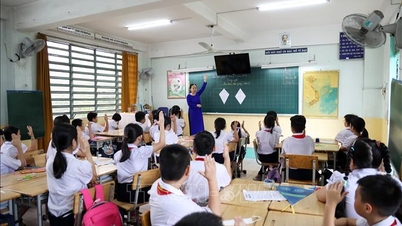



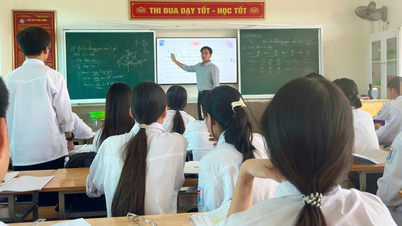
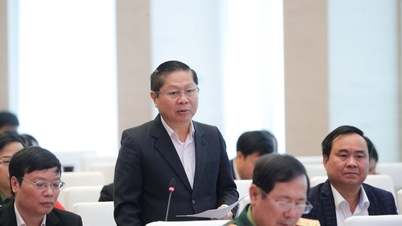







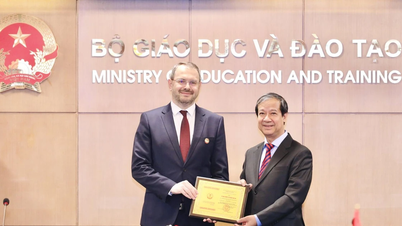
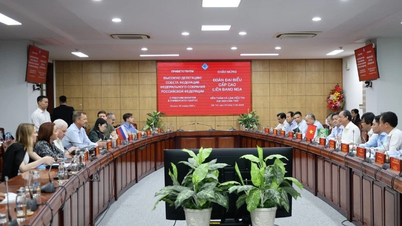



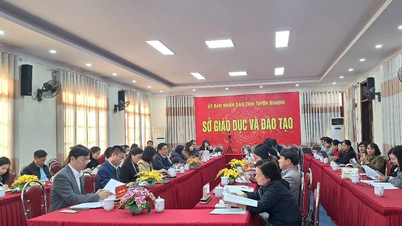




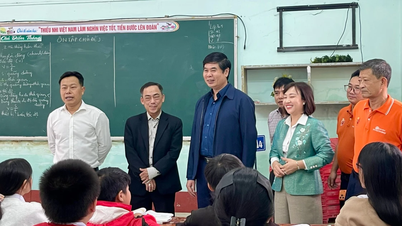



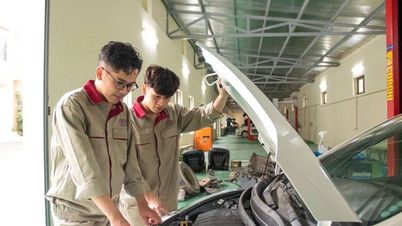
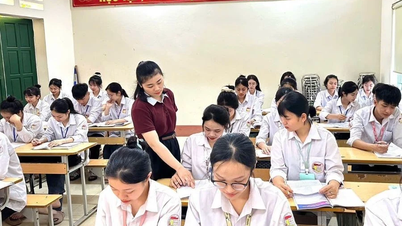



















































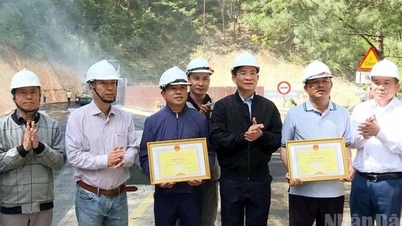


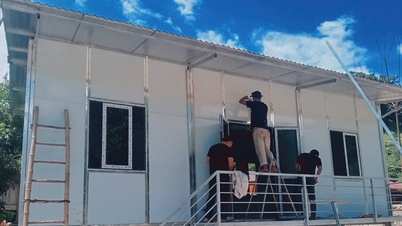















Comment (0)